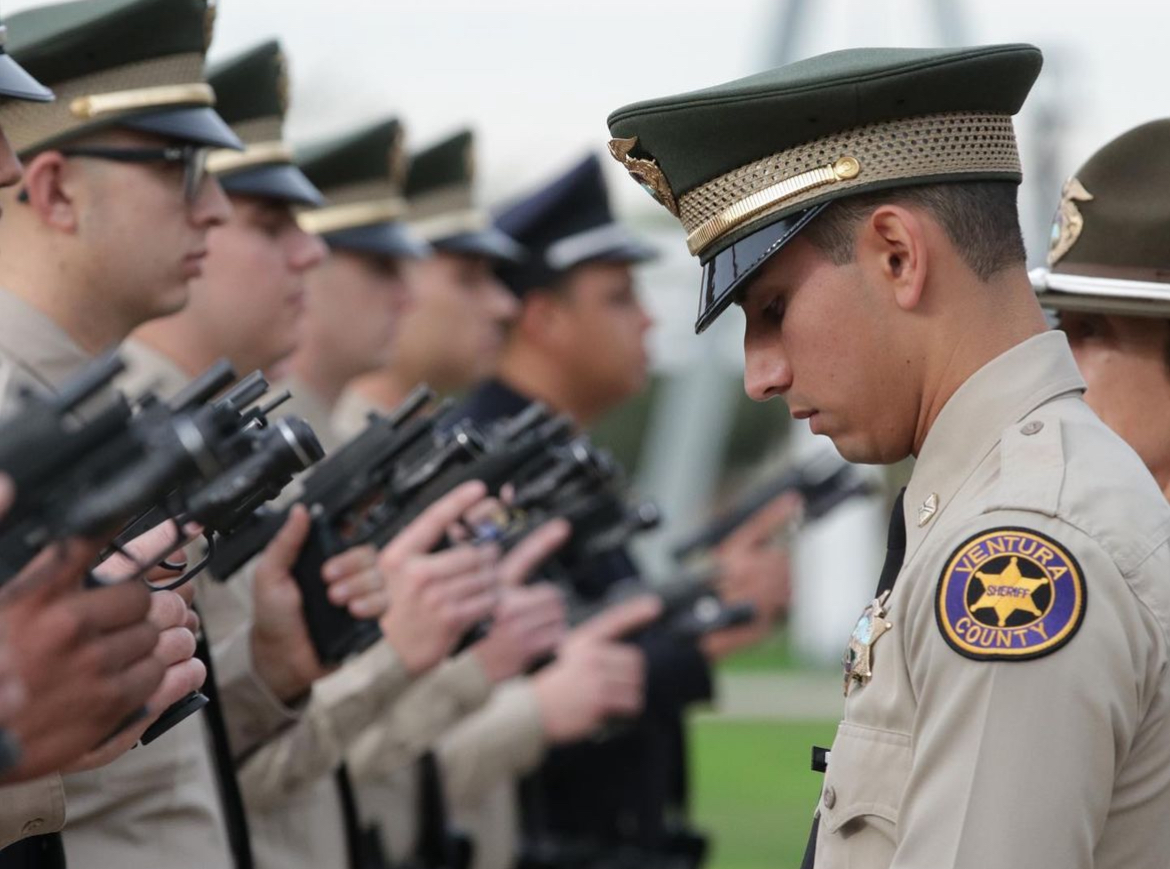The newly-crowned highest grossing war movie of all time has an audience of millions cheering U-S-A, but the film is actually very anti-war.
According to Box Office Mojo, the film has already set records for largest January opening, and largest winter opening. “American Sniper” has also garnered six Academy Awards nominations including Best Picture and Best Actor.
Audiences all over the country are rallying around the film as a story about a true American hero and missing a very prominent theme of the film. Chris Kyle, the primary subject, suffered greatly throughout the film and had to constantly justify his own purpose in the war.
Cleverly disguised as a war epic, “American Sniper” is a criticism on war and its lasting effects on its veterans.
Dr. Jonathan Cordero, assistant professor of sociology, found the purpose of the film to be: “his time in the military and his struggles with trying to live his personal life and his military life.”
Director Clint Eastwood has come out in the past as very anti-war and against violence, and his personal views are scattered throughout the film.
“American Sniper” has been classified as a war movie but it more closely resembles a biopic as it follows Chris Kyle and his struggles both during and after the war.
“I think he makes a statement that we should feel sympathy toward the character,” said Professor of Political Science Dr. Herbert Gooch. Concerning the scenes in the film where Kyle attempts to integrate himself back into his daily life in the states. “The true story behind it was that this guy was probably a little more screwed up than is even presented,” Gooch said.
Over the course of the film, Kyle goes on four tours in the Middle East, each time coming home to a more fractured relationship with his wife and an altered state of mind. He suffers from immense guilt that he is not protecting his fellow soldiers, which leads him to leave his family again.
While Kyle is in Iraq however, Eastwood includes scenes where he shows great hesitation killing women and children from great distances to protect U.S. soldiers. Kyle then constantly feels the need to justify his actions even though it was his job and command.
“[Audiences] get to see the impact the war has on him at home and how his home life affects his decisions in war. The assertion is that’s what soldiers go through and I can’t imagine that’s not true,” Cordero said.
Eastwood’s depiction of militants in Iraq is also suspect. Kyle’s targets are never an organized military but rather men, women and children that he himself cannot distinguish the enemy from the innocent.
“I’m imagining he probably shot people who he thought was doing something but he didn’t have 100 percent concrete certainty and that’s what war’s like,” Cordero said.
The real struggles occur after Kyle makes these tough decisions and then has to go back home.
“Home is with you when you’re at war, and war is with you when you come back home and it’s hard to keep those two separated,” Cordero said.
There was a strong statement made when Eastwood chose to take an American hero and let us inside his ruined personal life. Eastwood’s depiction of Kyle in America is a man that has a threatened marriage, a day-to-day struggle in the states, and a constant feeling of guilt for killing too many Iraqi’s yet possibly not enough.
“As you step back from it, there is another level of interpretation where Kyle really is a victim of war,” Gooch said.
Kevin Repich
Staff Writer
Published February 11, 2015








